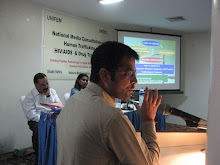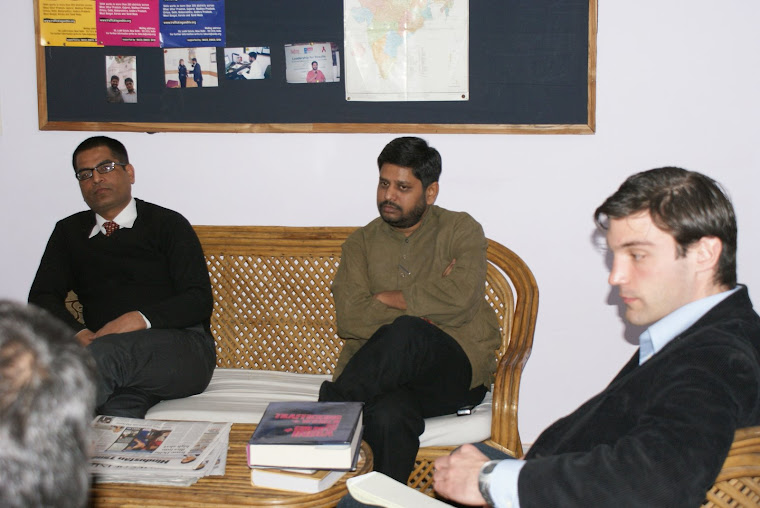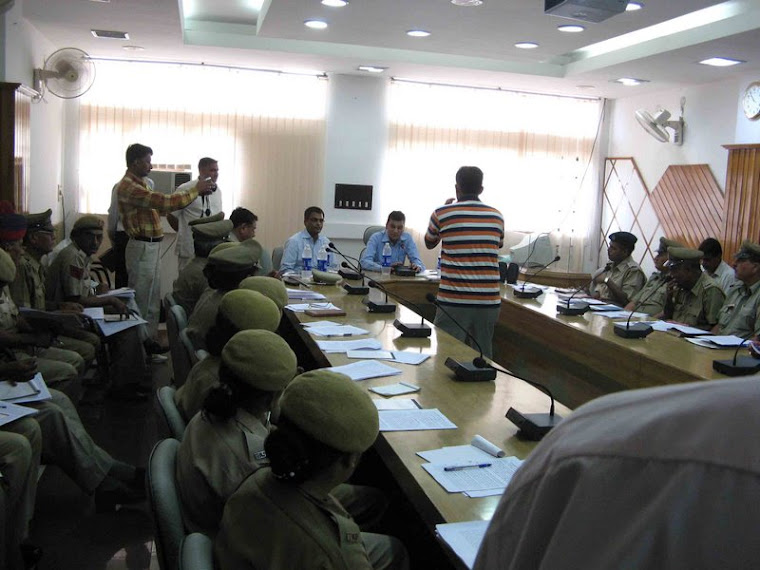Judges skirt global norms on conflict of interest
| | |
This has been highlighted by the approach of Justice S H Kapadia in the Vedanta and SAIL cases and Justice R V Raveendran in the Reliance dispute where, in keeping with a voluntary code of conduct adopted by SC judges in 1997, they disclosed their shareholdings in the companies concerned, but only to check if there was any objection to their handling matters. Sure enough, the lawyers raised no objection.
The 1997 'Restatement of Judicial Values' allows a judge in India to remain on the bench despite conflict of interest if "he has disclosed his interest and no objection to his hearing and deciding the matter is raised". This is a far cry from the UN-sponsored 'Bangalore Principles of Judicial Conduct' which was adopted in 2002 by judges from across the world, including India, which was the host country.
Clause 2.5 of the Bangalore Principles stipulates, "A judge shall disqualify himself from participating in any proceedings in which ... the judge or a member of the judge's family has an economic interest in the outcome of the matter in controversy."
If such a taboo could be codified in the much-negotiated Bangalore Principles, it was because Clause 2.5 reflected a long-established and widely accepted judicial practice among cases where judges have a financial conflict of interest.
This is evident from the fact that the earliest judgment in Britain stipulating automatic recusal goes back to 1852: In Dines vs Proprietors of Grand Junction Canal, the court held that the maxim that no man could be a judge in his own cause was "not to be confined to a cause in which he is a party, but applies to a cause in which he has an interest".
Accordingly, before diluting the standard in their 1997 code of conduct, Indian judges too had treated any possible financial interest for them in the outcome of a case as an absolute disqualification for themselves.
The best known example is the Bhopal gas leak case in which Justice M H Kania, without consulting lawyers, recused himself after disclosing that he had shares in Union Carbide.
"I thought it was proper to let the court know that I hold shares, and I also thought it proper to withdraw myself from the case," Justice Kania told the media soon after his recusal in 1988. Despite the assurance from others that his shareholding had "nothing to do with the case", Justice Kania said: "I wanted to withdraw because something may be said later."
The principle of a judge withdrawing on his own rather than asking for consent from the lawyers has been upheld by the 1999 British ruling in the Pinochet case, a global landmark, which reaffirmed that "the mere fact" that a judge had a pecuniary interest in the outcome of a case was "sufficient to cause his automatic disqualification".
The Pinochet prescription of an automatic recusal has since become a part of the Indian law as at least three Supreme Court judgments have relied upon it: Kumaon Mandal Vikas Nigam vs Girija Shankar Pant (2000), State of Punjab vs V K Khanna (2000) and Inderpreet Singh Kahlon vs State of Punjab (2006).
For all such references to the international norm, the lower standard adopted by Indian judges — namely, just offering to recuse themselves — theoretically allows them to have their cake and eat it too.














































No comments:
Post a Comment